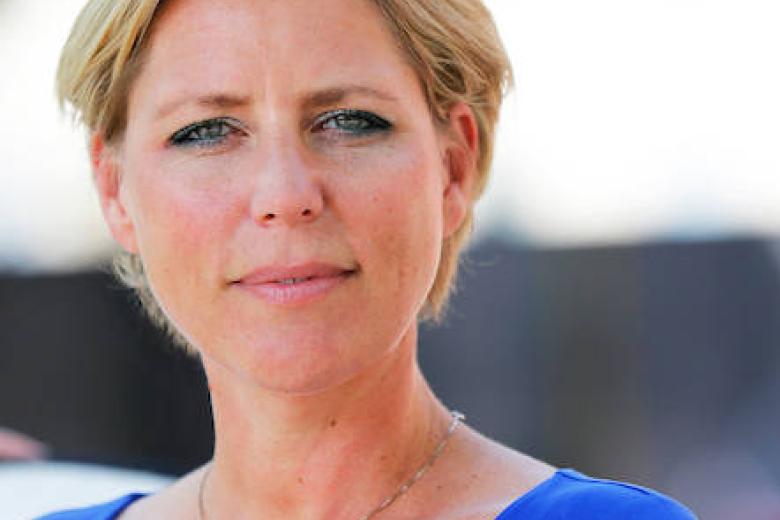Talk to each other about undesirable behaviour
A male senior manager enthusiastically slapping a female colleague’s buttocks – is that acceptable? And what if a female staff member did this to her female supervisor? Or a manager who puts his arm around a colleague who is having a hard time? What is crossing the line? Who decides?
Everyone understands that, unfortunately, in a large organisation such as a university all kinds of undesirable or transgressive behaviour can occur. Antisocial behaviour is intrinsic to social environments where people work together. If this environment involves hierarchical differences, but also generational and cultural differences, the risk is probably even greater. Therefore, our responsibility is proportionately greater. By 'us', we do not only mean the managers – although they should certainly be expected to deal professionally with undesirable behaviour in the workplace. By 'us', we mean all of us. That includes you.
Be vocal when you yourself are confronted with undesirable behaviour or when you witness it. Point it out in the moment or ask for advice on how to address it properly if you are unsure. Of course, this is a delicate matter and can make you anxious. We too have experienced that reporting or discussing undesirable behaviour results in responses such as: 'I assume that you didn't bring it on yourself? Or: 'You're being a bit over-sensitive, I'm sure it wasn't meant that way.’ It’s easy to lose courage at reactions like these. We draw hope from the fact that these comments occurred some time ago and hope that there is more justice for the courageous now.
These days, those courageous enough to report undesirable behaviour are better protected. We continue to put in place a sturdy system to deal with concerns and complaints. Of course, we’d rather you’ll never need it because in this professional organisation, everyone knows how to treat each other well and with respect.
Reporting undesirable behaviour should never have negative consequences for you or your career at UM. You can hold us accountable for this. You will always find an open ear and a reliable advisor in us and our designated officers. You can count on that.
So talk about each other’s limits. Because an open, safe organisational culture is something you and your colleagues create together.
Here you will find all possibilities for reporting undesirable behaviour.
Rianne Letschert, President
Nieke Guillory, Director HR
-
Overriding Mandatory Rules in International Arbitration: Balancing Business Freedom and State Interests
Imagine two companies from different countries enter a business deal. They pick a neutral country’s law to govern their contract and agree to arbitrate any disputes, thinking they can sidestep each other’s national courts. But what if one country’s law absolutely prohibits something in the deal –...

-
What is coercion?
According to classic economic thinking—and to common sense—if two parties agree to a deal, both are made better off, otherwise they would not have agreed. This idea is also reflected in contract law, at least in its basic form, treats consent as the cornerstone of a valid contract. If both sides say...

-
New Council year, quality agreements, DEI, alumni, internationalisation & human rights
Dear members of the UM Community,
The new academic year is in full swing, and so are UM’s representative councils. The newly elected University and Faculty Councils, as well as the Service Councils, are busy considering policy proposals and having discussions with the Executive Board, Deans, and...


